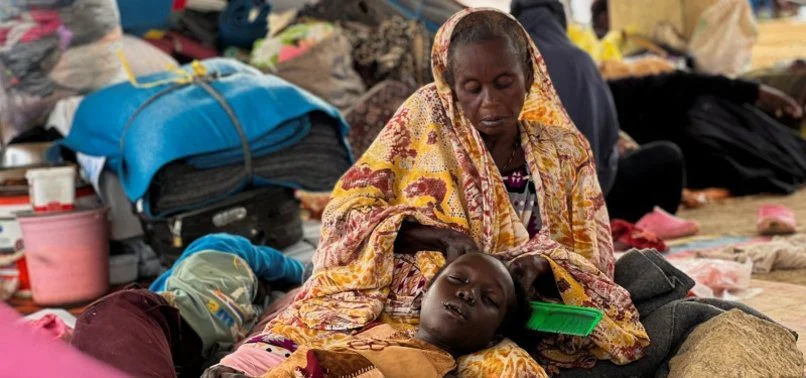South Sudan has experienced 24 attacks on humanitarian workers this year, making it one of the most dangerous countries for aid staff, according to the United Nations. UN humanitarian coordinator Anita Kiki Gbeho reported this on Monday, emphasizing the urgent need for safe access to aid, as the country struggles with severe flooding and a large number of returnees from Sudan.
“On World Humanitarian Day, we remember and honor the courage and sacrifice of aid workers who have lost their lives while helping others,” Gbeho said in a statement.
She explained that difficulties in accessing certain areas make it hard to provide life-saving aid to the people who need it most. “If we can’t ensure safety for aid workers, millions of people who rely on this help could be left without support,” Gbeho warned.
South Sudan is facing multiple challenges, including severe flooding and the arrival of thousands of people returning from Sudan. Safe access to deliver aid is more important than ever, she added.
The statement highlighted a worsening situation in South Sudan, with key issues like food insecurity, the impact of Sudan’s conflict spilling over into South Sudan, and over 780,000 refugees and displaced people moving into the country. The political situation remains uncertain, and the economy is rapidly declining. Additionally, record flooding is expected to peak in September.
The UN projects that in 2024, 9 million people—about 75% of South Sudan’s population—will need humanitarian aid and protection. Two million people remain displaced due to decades of conflict, intercommunal violence, and extreme climate events like floods and droughts. Around 7.1 million people, or 56.3% of the population, are expected to face crisis-level or worse food insecurity next year. However, the Humanitarian Needs and Response Plan, which aims to help 6 million people and requires $1.8 billion in funding, is currently only 31.5% funded.




















